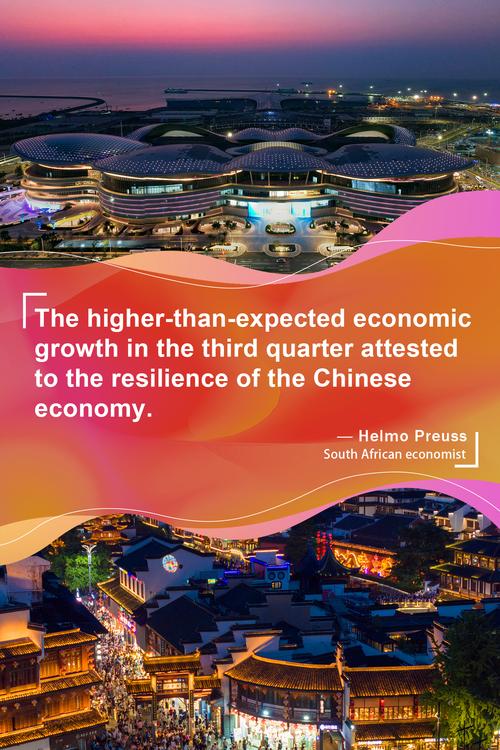The Journey of Economic Growth: Understanding the Engines of Expansion
 summary:
The Journey of Economic Growth explores the engines of expansion, delving into the factors...
summary:
The Journey of Economic Growth explores the engines of expansion, delving into the factors... The Journey of Economic Growth explores the engines of expansion, delving into the factors and forces that drive economic growth. It provides an understanding of the complex interplay between various factors like technology, innovation, infrastructure, policies, and more, which are crucial for a country's economic progress. The journey highlights the importance of understanding the economic landscape and its dynamics to shape a prosperous future.
In today's globalized world, economic growth has become a pivotal aspect of societal development and progress. It is a multifaceted phenomenon that encompasses various factors, including technological advancements, industrialization, human capital development, and more. In this article, we delve into the intricacies of economic growth and explore its engines of expansion.
What is Economic Growth?
Economic growth can be defined as the increase in the production of goods and services within an economy over a period of time. It is typically measured through the gross domestic product (GDP), which reflects the market value of all final goods and services produced within a country's borders. When an economy grows, it creates more jobs, raises living standards, and enables nations to invest in social and economic development projects.
Engines of Economic Growth
1、Technological Innovation: Technology plays a pivotal role in economic growth. Advances in technology lead to increased productivity, lower costs, and higher quality products. This, in turn, drives up demand and fosters economic expansion. Furthermore, technological innovations create new industries and jobs, attracting investments and talent to an economy.
2、Industrialization: Industrialization is another key driver of economic growth. As countries industrialize, they are able to produce goods in larger quantities and at lower costs. This process creates jobs, generates income, and boosts exports, leading to overall economic expansion.
3、Human Capital Development: Human capital refers to the skills, knowledge, and abilities of a country's workforce. As countries invest in education, healthcare, and training programs, their human capital improves, leading to higher productivity and innovation. This, in turn, fuels economic growth and enables nations to compete in the global economy.
4、Foreign Investment: Foreign investment is another important engine of economic growth. As foreign companies invest in a country's infrastructure, industries, and businesses, they bring in capital, technology, and expertise. This not only creates jobs but also boosts exports and enhances the overall economic performance of a nation.
5、Trade Liberalization: Trade liberalization, which involves reducing barriers to international trade, is another key driver of economic growth. By opening up their economies to global trade, countries are able to access a wider market, increase their exports, and benefit from specialization and economies of scale. This, in turn, leads to increased production, higher income, and overall economic expansion.
Challenges Faced in Achieving Economic Growth
While economic growth brings numerous benefits, it is not without its challenges. Some of the key challenges faced in achieving sustainable economic growth include:
1、Inequality: Inequality in income and wealth can hinder economic growth by limiting consumption and investment potential. It is essential to ensure that all segments of society have access to opportunities for education, healthcare, and employment to promote inclusive growth.
2、Environmental Degradation: As economies grow, they often face the challenge of environmental degradation due to industrial pollution, deforestation, and climate change. It is crucial to ensure sustainable development that balances economic growth with environmental protection.
3、Political Stability: Political instability can have a significant impact on economic growth by disrupting markets, attracting capital flight, and creating uncertainty among investors. It is essential for countries to maintain political stability and create an enabling environment for businesses to thrive.
In conclusion, economic growth is a complex phenomenon that requires a multifaceted approach to achieve sustainable development. By focusing on technological innovation, industrialization, human capital development, foreign investment, and trade liberalization, countries can unlock the engines of economic growth and propel themselves towards prosperity. However, it is also important to address the challenges of inequality, environmental degradation, and political stability to ensure sustainable and inclusive growth for all.

